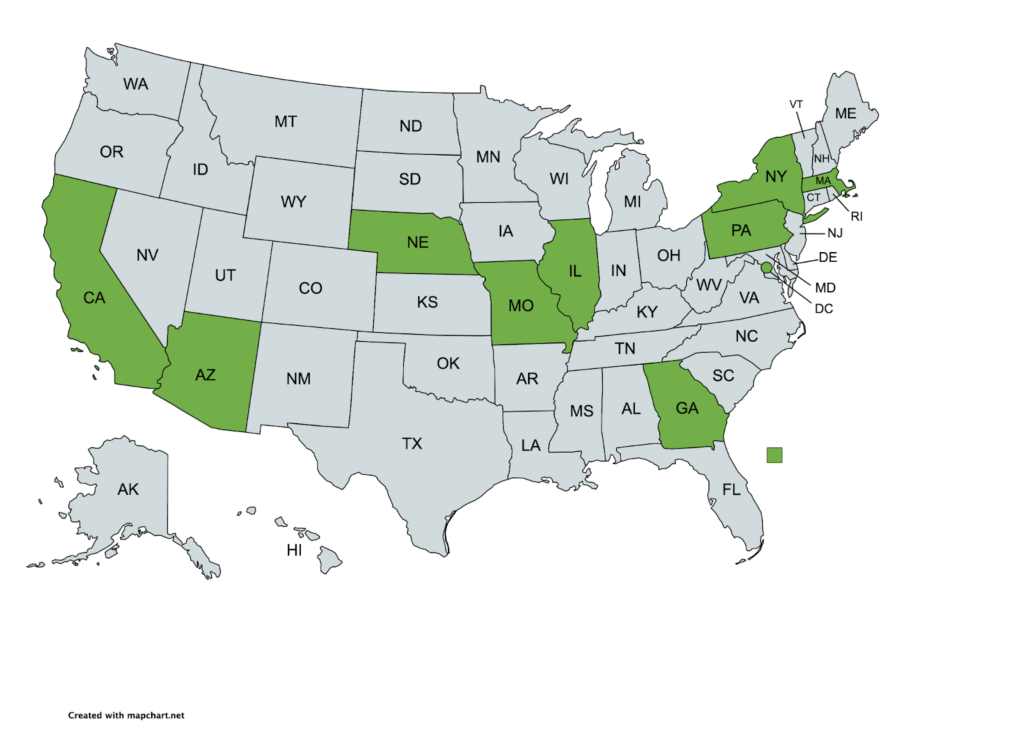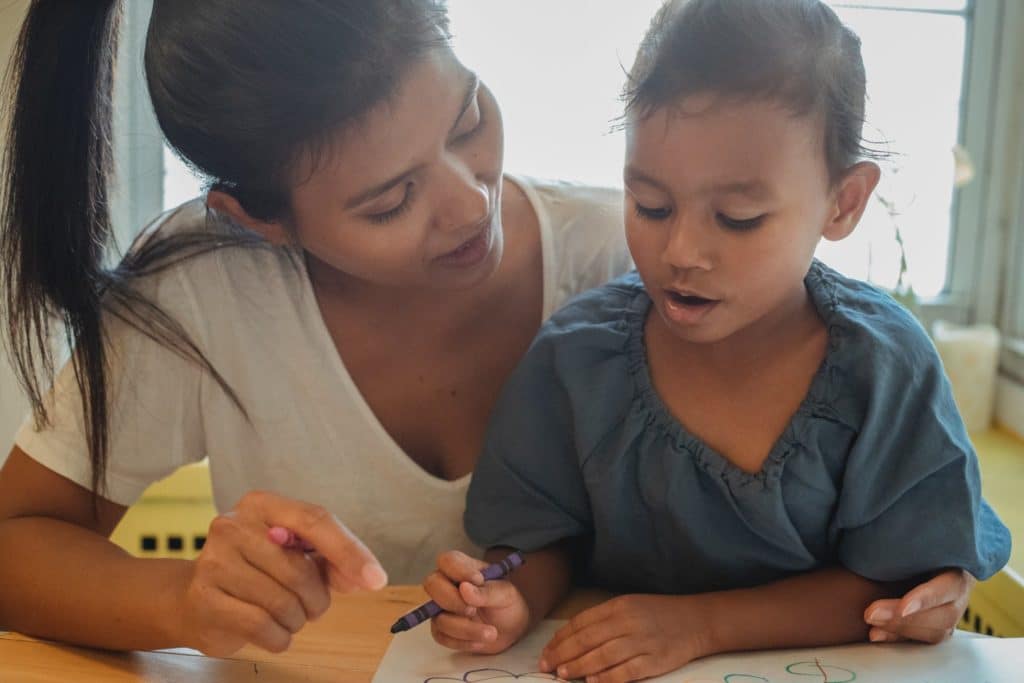Home Grown is pleased to introduce the cohort of incredible provider leaders in our Leading from Home initiative. The Leading from Home initiative launched in February 2021 with the goal of identifying and supporting provider leaders leading grassroot networks in their communities. Too often current systems leave providers and caregivers out of the decision making process. Home Grown created Leading from Home with the belief that it is critical to engage providers and parents in policy change and to support the leadership of providers and their ability to influence policy and systems.
We received 120 applications from providers and caregivers across the country and were moved by providers’ tremendous work, both with the families they serve and the communities of peers they have built. After a thorough selection process, we are excited to introduce the 18 provider leaders representing 14 networks in our Leading from Home cohort:
- Shruti Agrawal, California
- Kim Chase, Nebraska
- Benu Chhabra, California
- Pamela Childress, Illinois
- Nancy Cordero, New York
- Cynthia Davis, Washington D.C
- Alethea Etinoff, Washington D.C
- Carolina Hernandez, Arizona
- Tina Mosely, Missouri
- Wendy M Orellana, Arizona
- Myra Saboor, Georgia
- Oscar & Pyrena Tang, California
- Diane Gardner, Pennsylvania
- Minette Taylor, Pennsylvania
- Adrienne Briggs, Pennsylvania
- Glenda Gaines, Massachusetts
- Betty McGuire, Massachusetts
The selected leaders represent:

- 14 licensed family child care (FCC) providers
- 4 family, friend, and neighbor (FFN) caregivers
- 10 states
- A diversity of experiences, languages, and identities
- From 4 to 40 years of experience in the field
- 6 languages, including Spanish, English, Mandarin, Hindi, Punjabi, and Urdu
- 17 of the 18 are providers of color
- 17 of the 18 are women
All of the selected provider leaders share a common goal of creating positive change through advocacy for home-based child care providers and caregivers. They are committed to changing the systems around them to more equitably represent and address home-based child care. They are dedicated to service, not only to the children and families in their care, but to fellow providers in their respective communities.
Over the next year Home Grown will support this community of provider leaders via coaching and support from Home Grown staff, experienced provider mentors, and partners, including the National Women’s Law Center. Provider leaders will also receive financial resources for themselves and their work, and gather in a monthly virtual Community of Practice to learn from one another. The Home Grown team is thrilled and honored to support these leaders in such important work to create change for providers and caregivers all over the country. Please join us in congratulating and applauding our provider leaders for the work they have done and all they will yet do.




